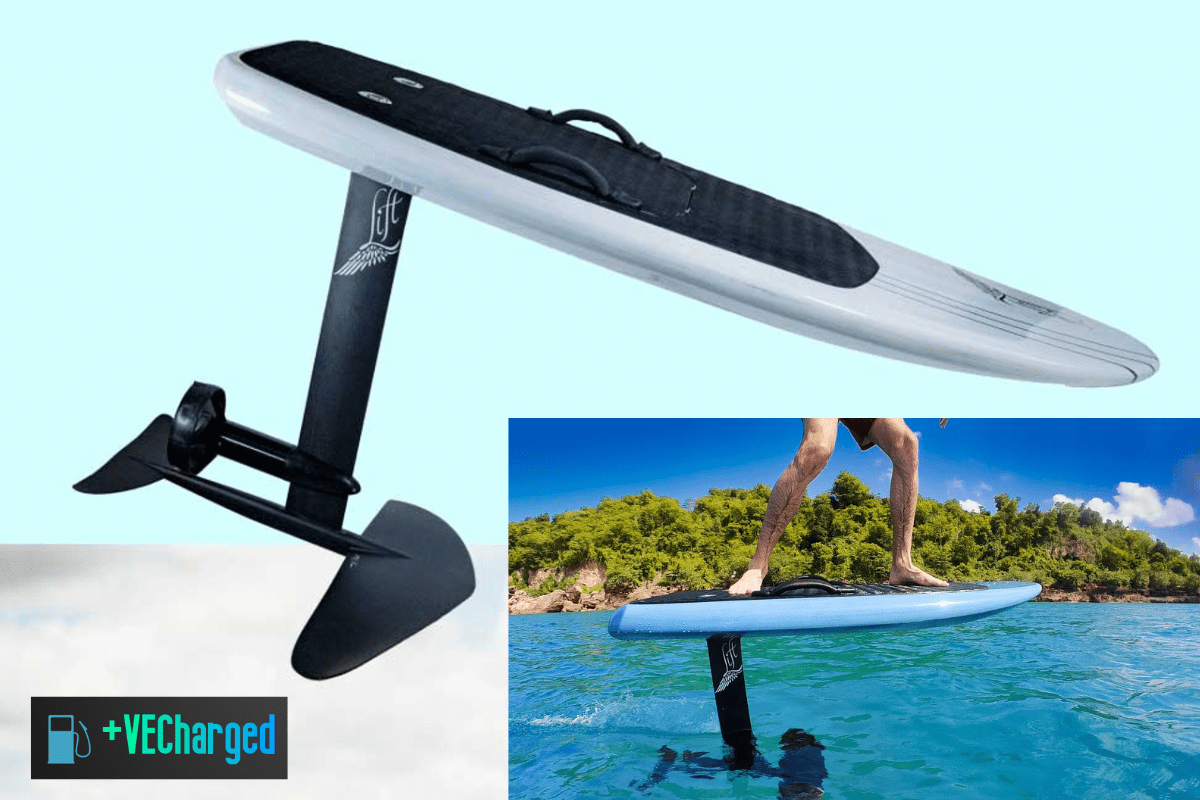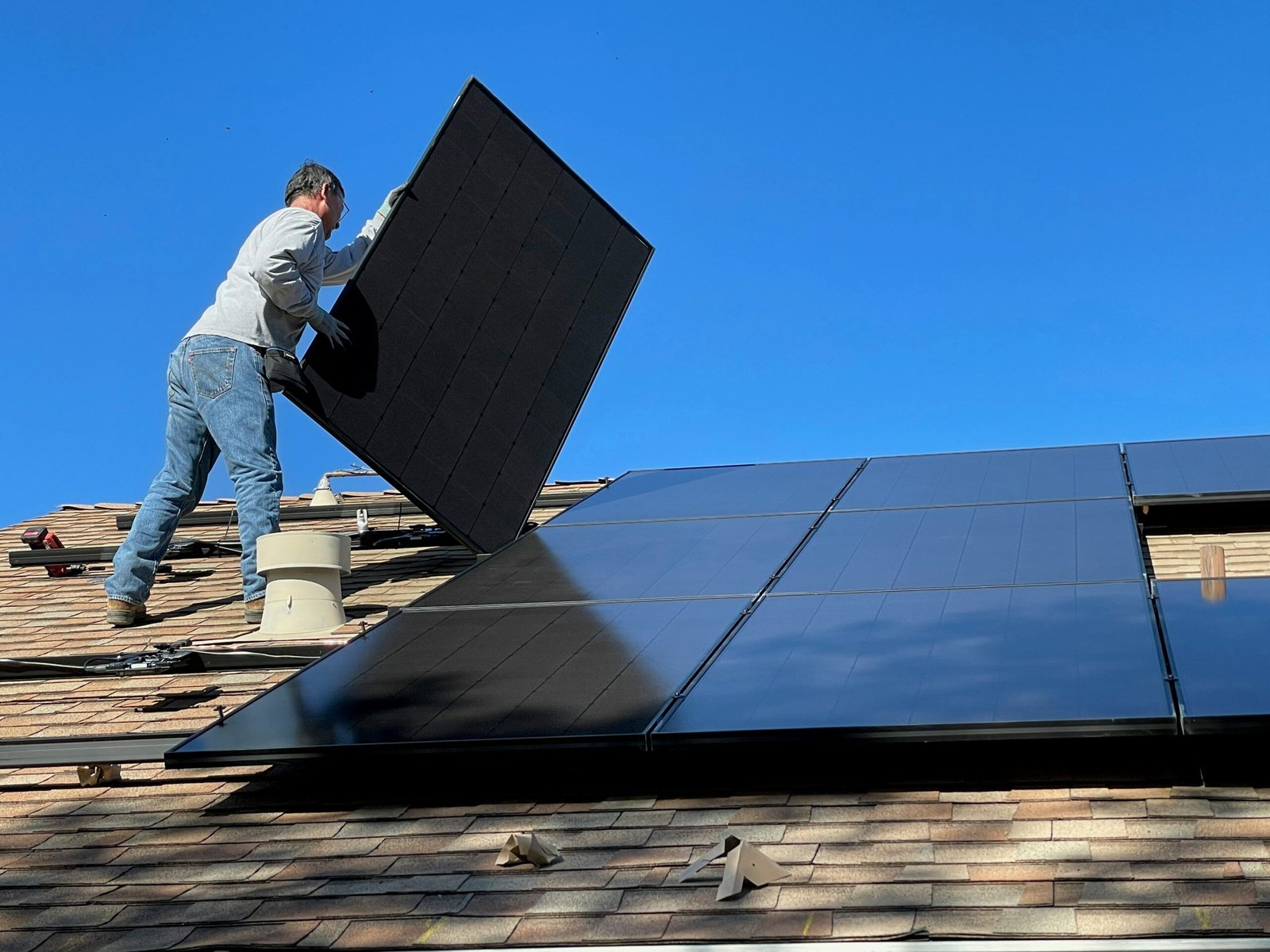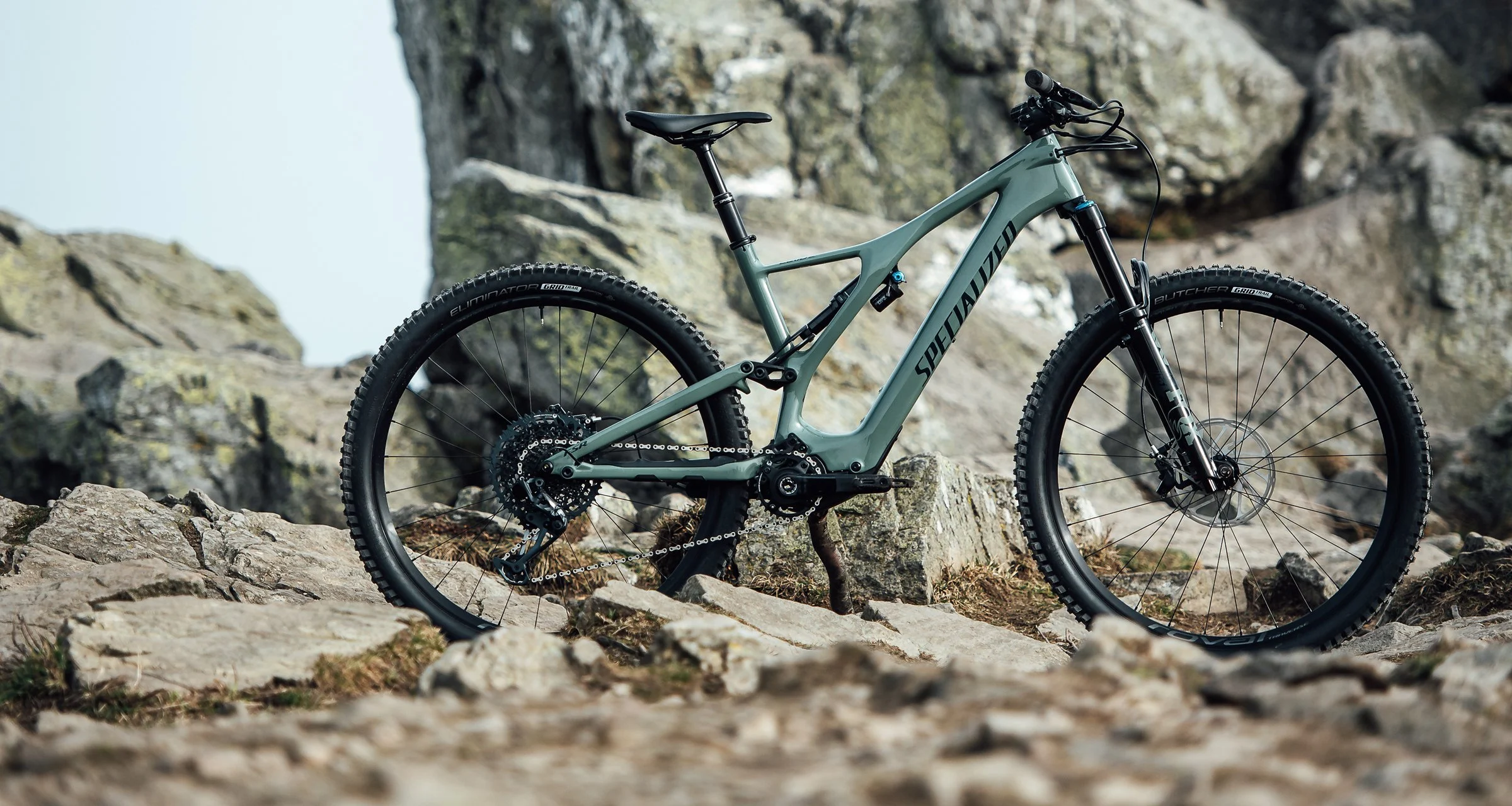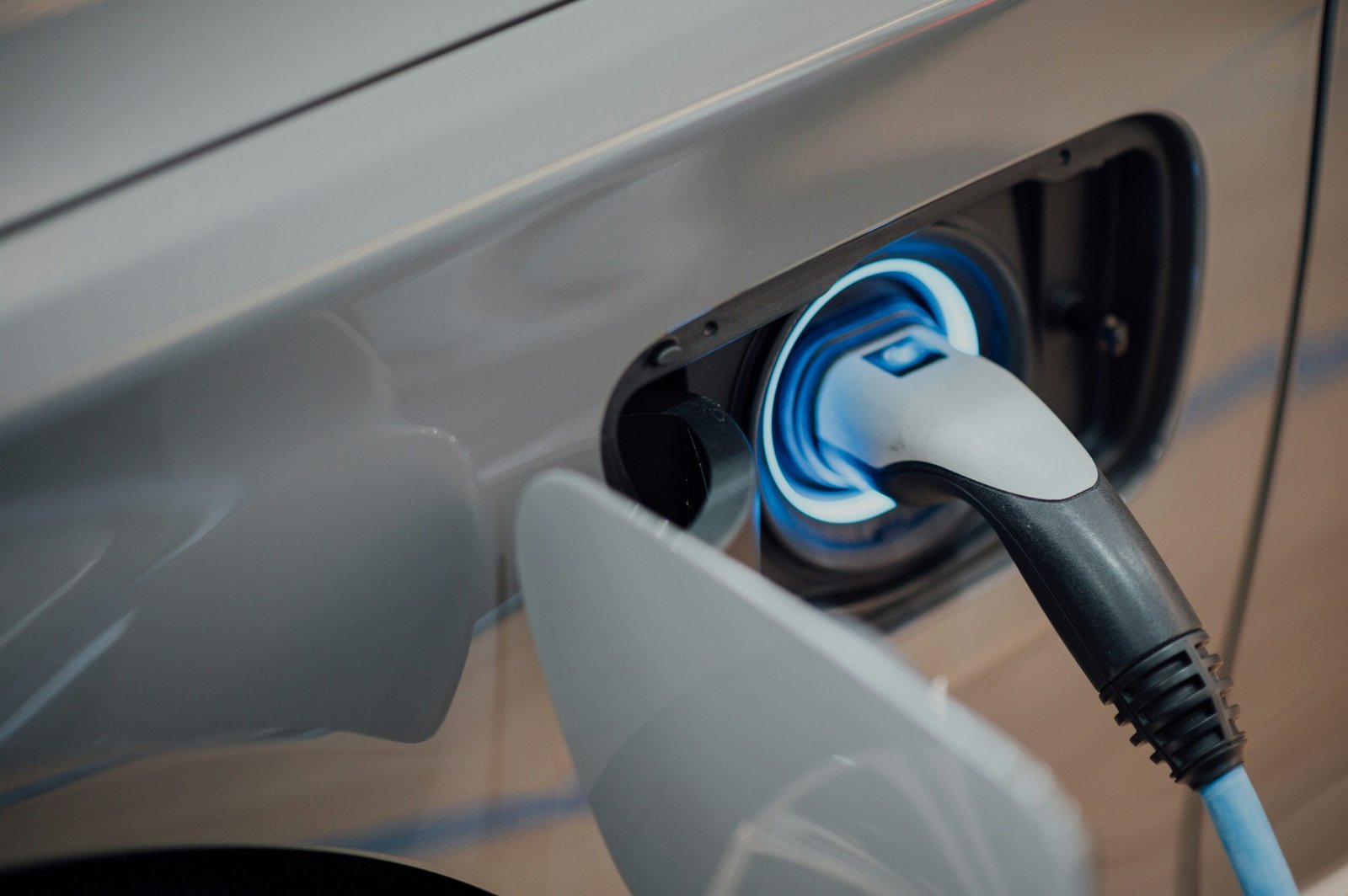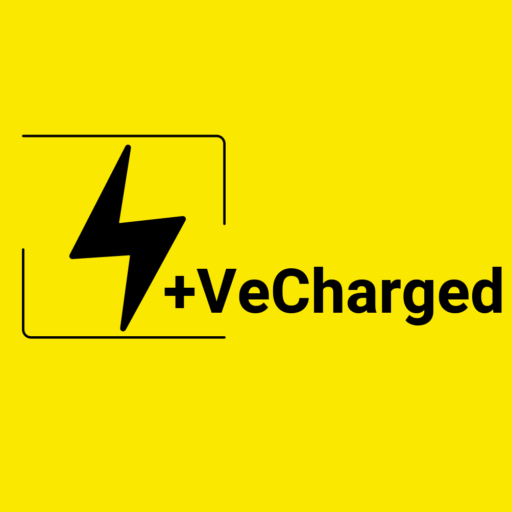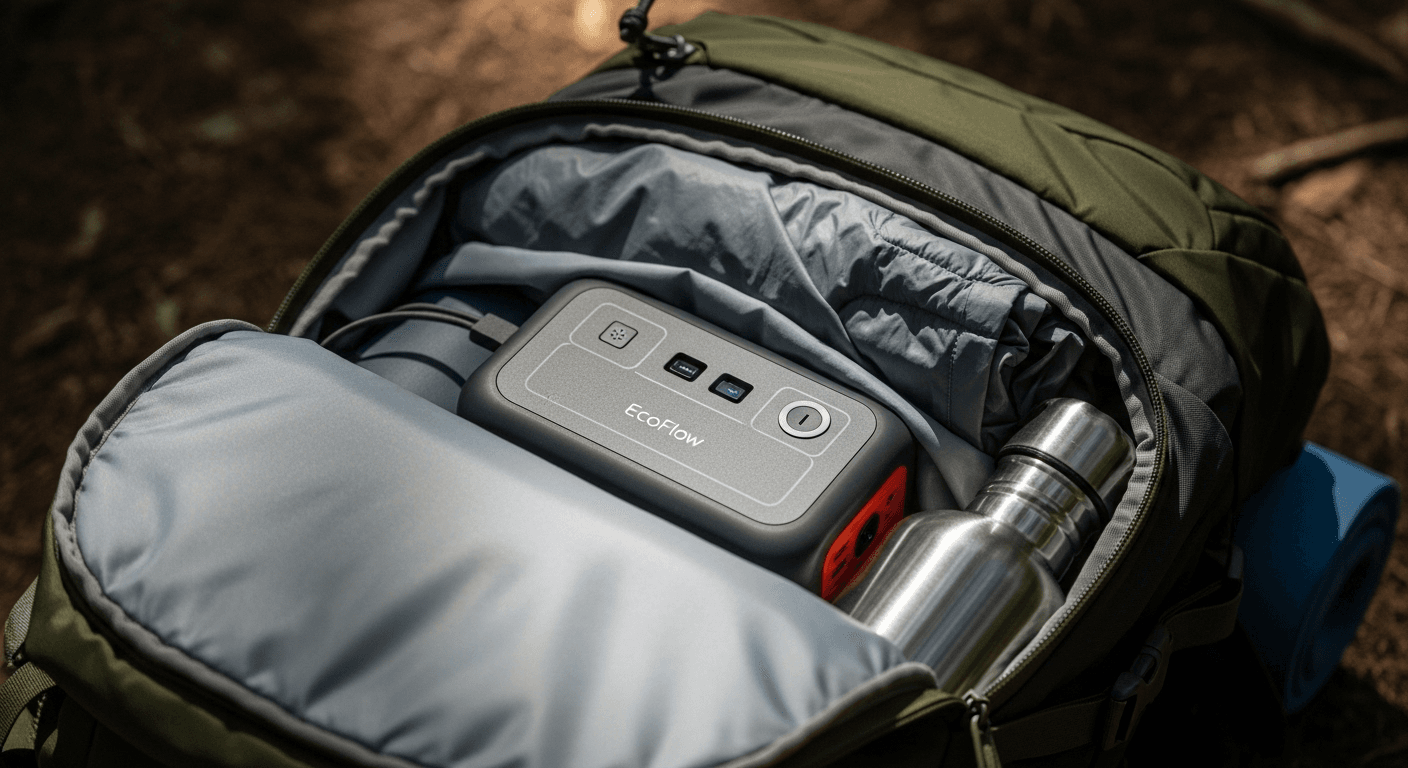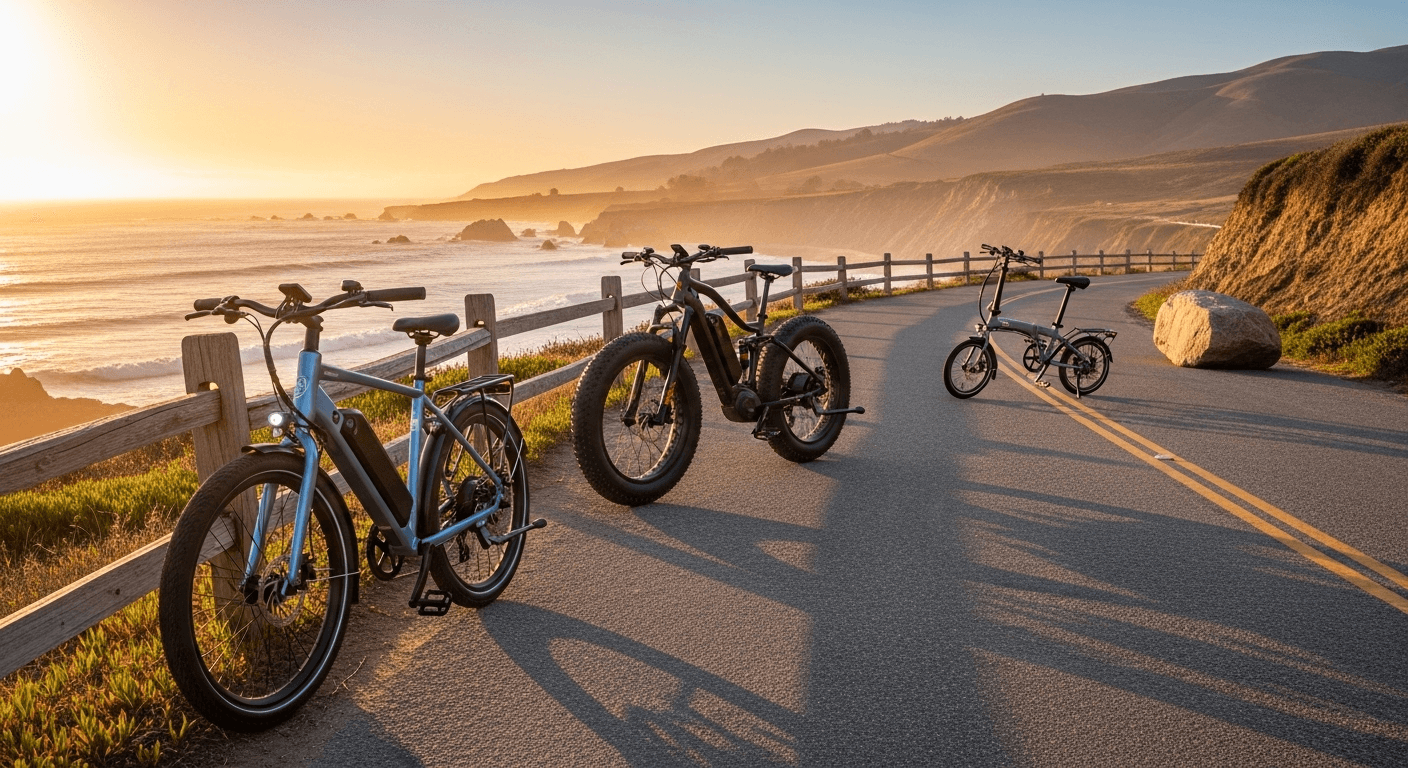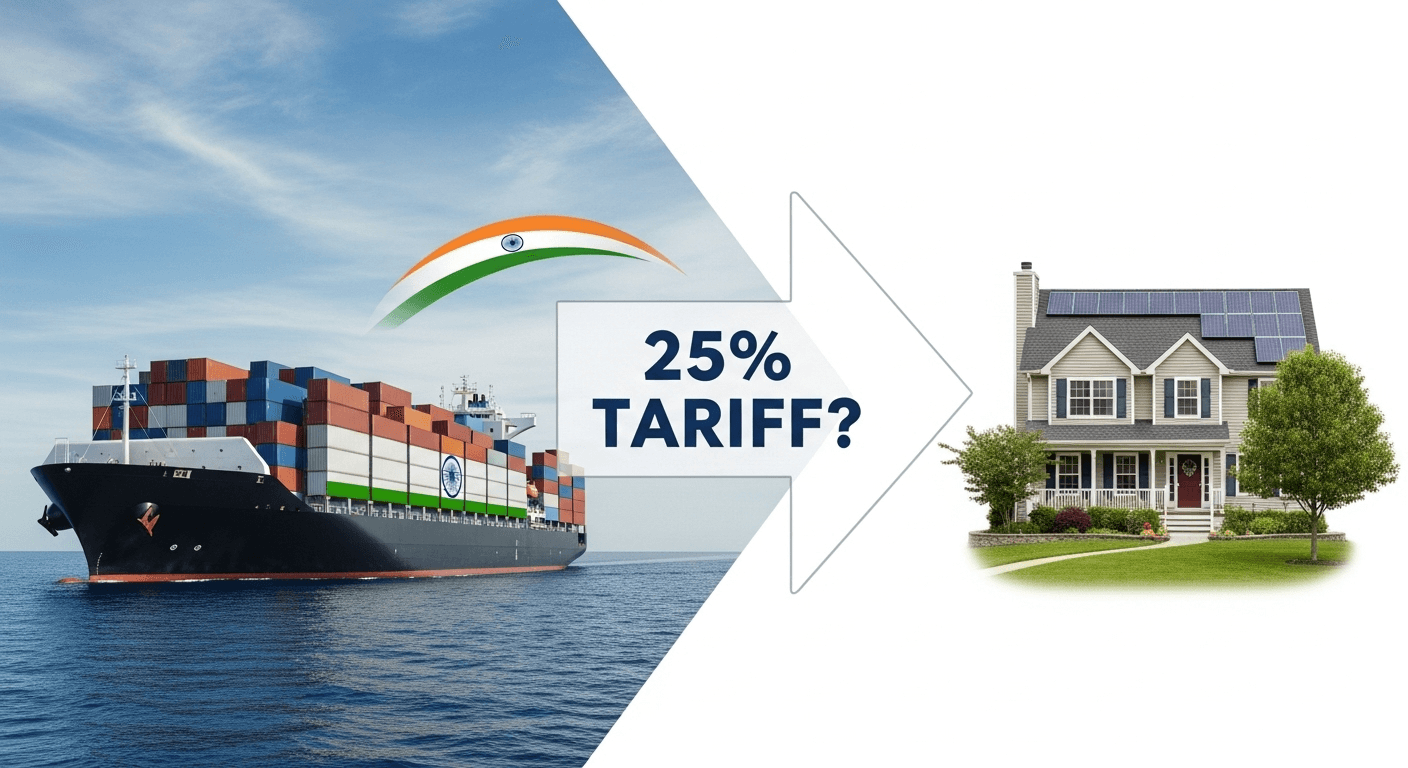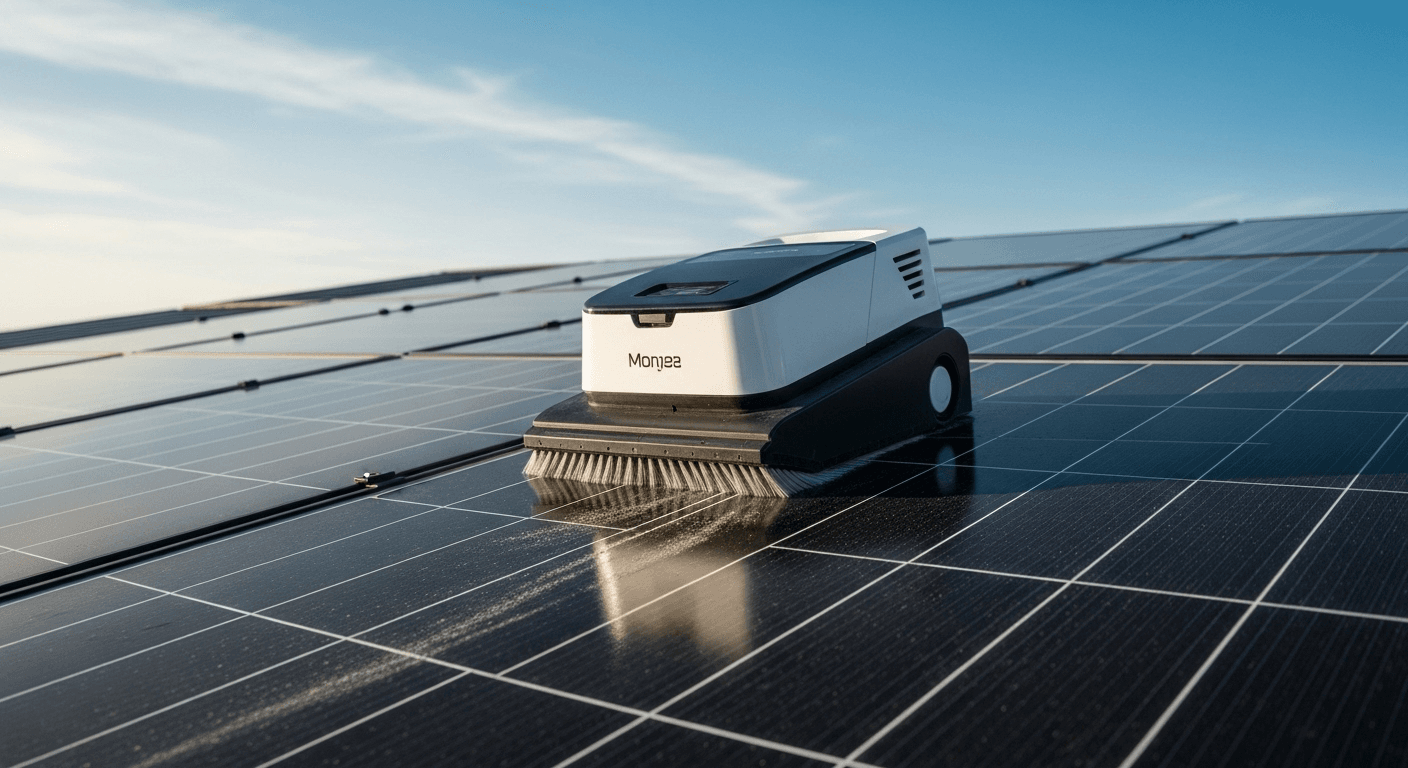I’m an engineer, and I can tell you that a modern heat pump is a brilliant piece of technology. It represents a leap forward in efficiency that can save homeowners thousands of dollars and dramatically reduce their carbon footprint. I have one in my own home.
I can also tell you it is not a magic bullet.
The internet is overflowing with articles from manufacturers and government agencies telling you why you should buy a heat pump. This is not one of them. This is the guide I would give to a close friend to protect them from making a $15,000 mistake.
Because for the right home in the right climate, a heat pump is the smartest energy decision you can make. For the wrong home, it’s a fast path to frustration, discomfort, and financial regret. At Vecharged, our mission is to protect you from that outcome. Before you call an installer, let’s find out if a heat pump is truly right for you.
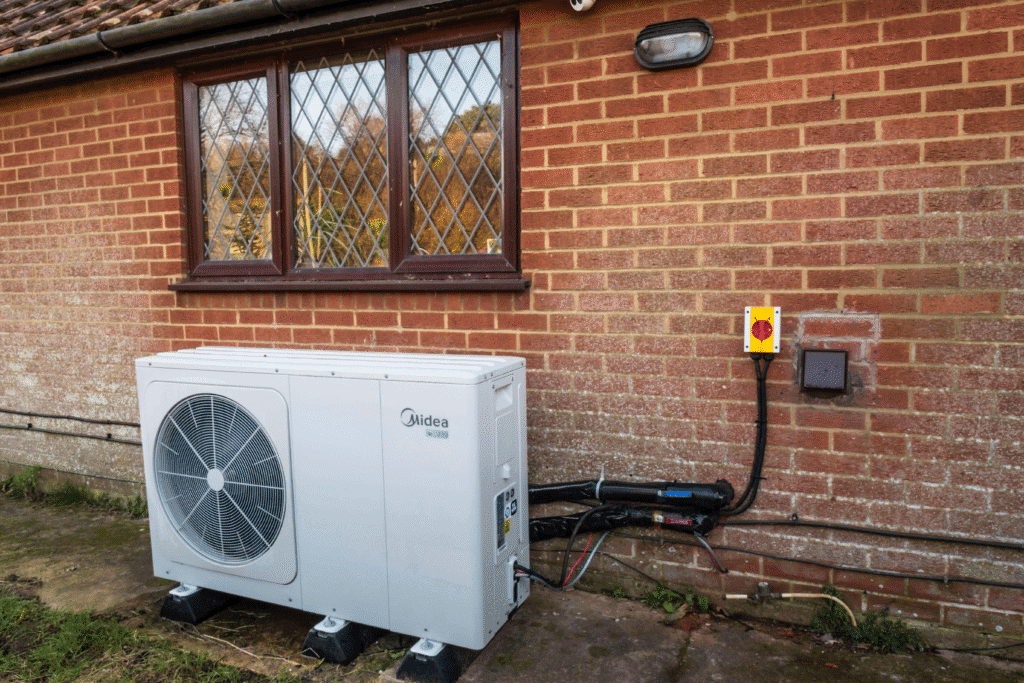
Before You Read Further: Take the Vecharged Readiness Test
This simple, powerful scorecard is your first line of defense. It translates complex technical considerations into a clear, personalized verdict based on the factors that actually matter.
Reason #1: You Should NOT Buy a Heat Pump If Your Climate is Severely Cold (Without the Right Tech)
- The Marketing Claim: “A heat pump is an all-in-one system that heats and cools your entire home!”
- The Vecharged Reality Check: A standard, entry-level heat pump’s ability to create heat drops dramatically as the outside air gets colder. Below freezing (32°F / 0°C), its efficiency plummets. In the past, this meant it had to rely on a brutally inefficient backup system called an “electric resistance heat strip”—which works like a giant toaster coil—driving your electricity bill through the roof.
Modern technology has provided a solution: Cold-Climate Heat Pumps. These advanced models can operate efficiently well below freezing, with some models like Mitsubishi’s Hyper-Heat series working effectively down to -13°F (-25°C).
Our Protective Advice: If you live in a region with consistently freezing winters, a standard heat pump is a terrible idea. You must invest in a certified Cold-Climate model or a “dual-fuel” system that pairs a heat pump with your existing gas furnace for the coldest days of the year.
Reason #2: You Should NOT Buy a Heat Pump If Your House is an Energy Sieve
- The Marketing Claim: “Slash your heating bills with a new high-efficiency heat pump!”
- The Vecharged Reality Check: A heat pump’s efficiency is only as good as your home’s insulation. It’s a system that delivers a steady, consistent stream of warmth, not the overwhelming blast of hot air you get from a traditional furnace.
Analogy: Installing a high-efficiency heat pump in a drafty, uninsulated house is like putting a Formula 1 engine in a car with flat tires. All the technological efficiency is wasted as the heat it gently produces escapes through your walls and attic.
Our Protective Advice: Before spending thousands on a new HVAC system, get a home energy audit. For a few hundred dollars, an auditor can pinpoint where your heat is escaping. Often, spending $1,500 on attic insulation will provide a much bigger return on investment and comfort than a $15,000 heat pump in a leaky house.

Reason #3: You Should NOT Buy a Heat Pump If The Upfront Cost is a Dealbreaker
- The Marketing Claim: “Government rebates make heat pumps more affordable than ever!”
- The Vecharged Reality Check: While incentives help, they do not make the system cheap. According to Forbes Home, the average cost to install a new heat pump system in the U.S. ranges from $5,500 to $11,200, with high-efficiency and cold-climate models easily exceeding $15,000.
The U.S. federal government offers a significant tax credit for qualifying systems—up to 30% of the project cost, capped at $2,000 annually. This is a dollar-for-dollar reduction in your tax bill, which is a powerful incentive. However, it’s a credit, not a rebate. You must have the tax liability to claim it, and you still have to pay the full installation cost upfront.
Our Protective Advice: Do not let the promise of a tax credit trick you into a system you cannot comfortably afford. It is a powerful mitigator of a high upfront cost, not a magic discount that makes the system cheap.
Reason #4: You Should NOT Buy a Heat Pump If Your Utility Rates are Backwards
- The Marketing Claim: “Save money on your energy bills!”
- The Vecharged Reality Check: This saving is entirely dependent on the price gap between your current fuel (natural gas, oil) and electricity. A heat pump’s efficiency is measured by how many units of heat it can move for every unit of electricity it consumes. But if electricity is extremely expensive in your region and natural gas is very cheap, the math may not work in your favor.
Our Protective Advice: Look at your utility bills. Find your cost per kilowatt-hour (kWh) for electricity and your cost per therm (for gas) or gallon (for oil). Use an online “fuel cost calculator” to get an unbiased comparison. If you live in one of the few regions where gas is dramatically cheaper than electricity, the payback period on your heat pump investment could be over a decade.
Reason #5: You Should NOT Buy a Heat Pump If You’re Addicted to “Blast Furnace” Heat
- The Marketing Claim: “Enjoy perfect, consistent comfort all year round.”
- The Vecharged Reality Check: The feeling of heat from a heat pump is fundamentally different from a traditional gas furnace.
- A Furnace works like a giant hair dryer, periodically blasting hot air (around 120-140°F) into your home to quickly raise the temperature.
- A Heat Pump works more like a gentle breeze, delivering a continuous stream of warm air (around 85-95°F) to maintain a constant temperature.
For many people, this gentle, consistent warmth is more comfortable. But for those used to the sudden blast of intense heat from a furnace, the air from a heat pump can feel “cool” or “drafty” by comparison, even when it’s effectively heating the space. This is one of the most common, and least discussed, reasons for customer dissatisfaction.
The Vecharged Verdict: So, Who SHOULD Buy a Heat Pump?
After all those warnings, the answer is simple: A heat pump is a brilliant, money-saving investment for the right person in the right house in the right climate.
A Heat Pump is an excellent investment for you if:
- You live in a mixed or mild climate, or you are willing to invest in a true cold-climate model for a colder region.
- Your home is reasonably well-insulated.
- You are replacing an older, inefficient air conditioner and furnace, or you rely on expensive fuel oil or propane.
- Your local electricity costs are reasonable compared to fossil fuels.
- You value high efficiency and reducing your carbon footprint.
The goal of this guide was not to talk you out of a heat pump. It was to arm you with the right questions and a brutally honest framework, so you can protect your investment and make a decision with absolute confidence. That is the Vecharged mission.
At VeCharged, we advocate for you, not brands. Use this guide as your shield and compass—so no matter what the salesperson claims, you’re always two steps ahead.

Suhas Shrikant is the founder of Vecharged and an engineering enthusiast specializing in high-power off-grid solar systems. He has designed and built over a dozen custom systems and uses his hands-on, field-tested experience to create Vecharged’s expert guides and reviews.



